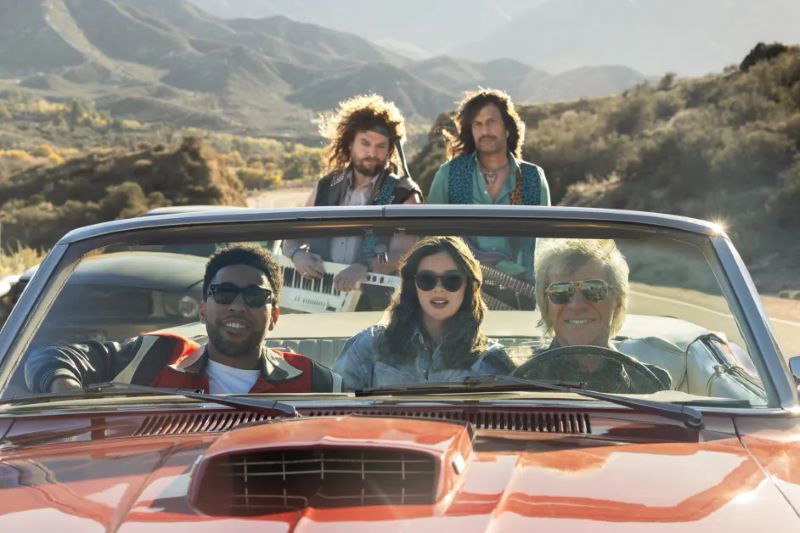Founders: Electors Can Vote For Whomever They Want
Sign up for a six month free
trial of The Stand Magazine!
The Supreme Court on Friday said it will consider whether states may punish or replace “faithless” presidential electors who refuse to support the winner of their state’s popular vote, or whether the Constitution forbids dictating how such officials cast their ballots. (For government websites on the Electoral College and process, see here and here.)
Lower courts have split on the question, and folks are fearful a handful of independent-minded members of the Electoral College might decide the next president.
It’s certainly possible that in a close presidential race, just a few electoral votes could determine the outcome. There are only 538 electoral votes that are cast, and these are the only votes that actually and ultimately count in a presidential contest. Three electors in Washington were fined by the state government for not voting for Hillary Clinton, who won the state’s popular vote.
Regressives want to do away with the Electoral College altogether, and make the presidential election a straight up democratic process, an idea that the Founders avoided like the plague. The Founders believed in a representative democracy, a republic, not a democracy. In a republic, we choose the people who choose a president for us rather than picking a president ourselves.
Our votes in November are not actually for a president but are votes for electors. Electors are the only ones constitutionally eligible to cast votes in a presidential contest. It’s a myth that the people choose the president in November; no, we choose the people who will choose a president for us.
Overall, ten members of the Electoral College voted in a way that was different than what their state law told them to do after the 2016 election between Clinton and President Donald Trump. It’s a material question since five of the 58 presidential elections in American history have been decided by smaller margins than that, most recently in 2000 when President George W. Bush defeated Al Gore by just five electoral votes.
Right now, 32 states and the District of Columbia require electors to vote for the winner of the statewide vote. The petitioners want the Court to rule that there is no constitutional prohibition on laws like that.
Anything else, said the state of Washington, in its brief, “would mean that only 538 Americans — members of the Electoral College — have a say in who should be president.”
The entire problem with their argument that these 538 Americans don’t just “have a say” in who should be president, they actually decide who should be president. That’s exactly how it’s supposed to work, according to the Constitution the Founders crafted for us. It is a true fact that only 538 Americans choose our presidents. We get to choose those 538 Americans at the ballot box in November, but then when they vote, they get to vote for whomever they want. That’s why they’re called “electors” and not “stooges” or “puppets.”
That’s why we must choose carefully in voting for our electors. The simple truth is that the Constitution leaves it up to the states to appoint electors, but their authority stops right there. As Harvard professor Lawrence Lessig said, “There is no mechanism for state officials to monitor, control, or dictate electoral votes. Instead, the right to vote in the Constitution and federal law is personal to the electors, and it is supervised by the electors themselves.”
In America, we don’t tell anybody how to vote. We’re free to vote for the electors of our choosing, and they are free to vote for the president of their choosing.
In the summer of 2016, three Washingtonians were nominated as presidential electors for the Washington Democratic Party. They ran pledging to vote for the party’s nominee.
But when the Electoral College convened after the election, all broke Washington state law by voting for former Secretary of State Colin Powell for president and splitting their votes for vice president among three senators, Maria Cantwell, (D-Wash), Susan Collins, (R-Maine), and Elizabeth Warren (D-Mass.). The state wants to fine them $1,000 for voting their own conscience.
Congress counted their votes just the way they cast them. In fact, Congress has accepted every renegade vote cast in the nation’s history. It’s happened more than 150 times. None of those independently-cast votes changed the outcome of an election, but there’s no guarantee they won’t in the future.
As Justice Steven Gonzalez of the Washington state Supreme Court noted, the Constitution contemplated that electors “would be free agents to exercise an independent and nonpartisan judgment as to who was best qualified for the nation’s highest offices.”
A voter in Colorado went rogue and voted his conscience as well, for John Kasich instead of Hillary Clinton.
The Tenth Circuit Court of Appeals carefully examined the Constitution as the Founders wrote it and concluded that electors are “free to vote as they choose.”
The Constitution, they wrote, “does not provide the states the power to interfere once voting begins, to remove an elector, to direct the other electors to disregard the removed elector’s vote or to appoint a new elector to cast a replacement vote.” Bully for them.
The Court will issue its opinion on the question of whether state officials can force electors, against their will, to vote for certain presidential candidates.
The response must be a resounding “No.” Then perhaps we can get back to the place the Founders intended, in which we have not just one presidential election but 538 separate elections in which Electoral College candidates seek to convince us they have the maturity and judgment to be entrusted with choosing our next president. That’s the American way.
The author may be contacted at [email protected]

Sign up for a free six-month trial of
The Stand Magazine!
Sign up for free to receive notable blogs delivered to your email weekly.



















